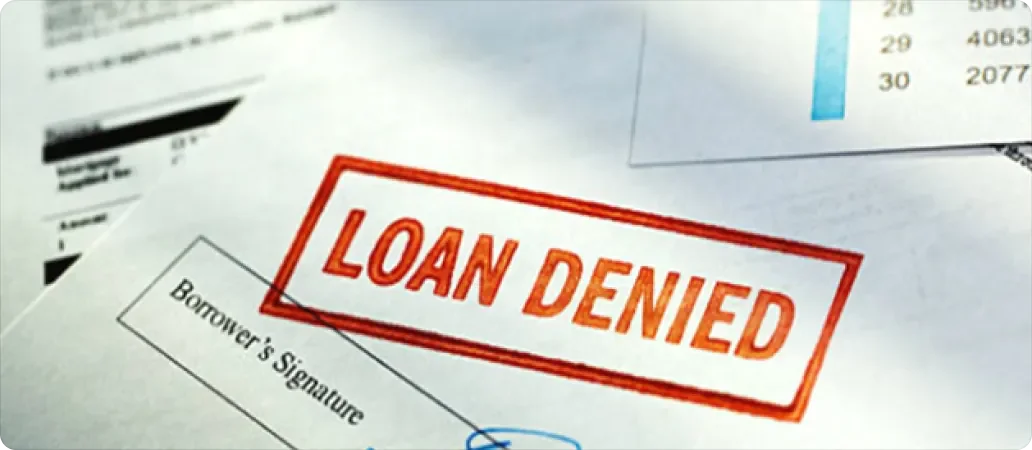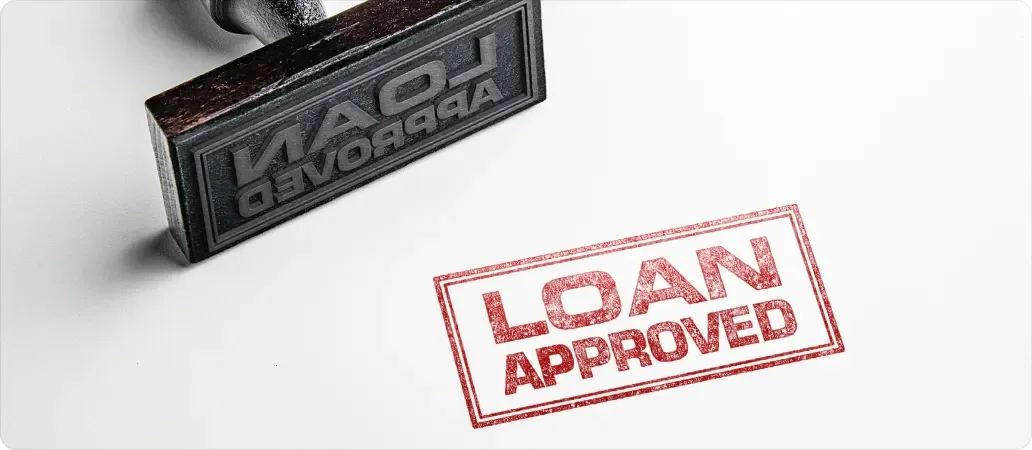Small businesses are the backbone of the Indian economy, contributing significantly to employment and economic growth. However, many of these small businesses face hurdles when trying to secure small business loans. In this blog, we will explore the following aspects to learn the reasons behind business loan rejections in India and what can be done to improve loan approval through the following sections
9 Common Reasons behind Small Business Loan Rejections
A current account, also known as a checking account in some countries, is a type of financial account that is typically held at a bank or a similar financial institution. It is a fundamental banking product that serves as a convenient and flexible way for self-employed professionals and businesses to manage their day-to-day financial transactions.
It is common for the following entities to own and operate a current account:
1. Lack of Collateral:
One of the primary reasons for small business loan rejections in India is the lack of collateral. Banks and financial institutions often require businesses to provide assets or property as collateral to secure their small business loans. Many small businesses lack substantial assets or are hesitant to risk personal assets, making it difficult to meet this requirement. This poses a significant obstacle for businesses looking to expand or invest.
2. Insufficient Cash Flow:
Lending institutions closely evaluate a business's financial health before approving a loan. Businesses with inconsistent or insufficient cash flow may struggle to demonstrate their ability to repay the loan. This issue is particularly common among startups and small businesses that are in their early stages of development.
3. Low Credit Score:
Credit scores play a crucial role in the approval of small business loans. A low credit score is often a red flag for lenders, as it indicates a history of financial mismanagement or defaults. Small business owners may face loan rejections if they have not maintained a good credit score, which can take years to rebuild.
4. Inadequate Documents:
In the loan application process, documentation is of utmost importance. Many small businesses in India struggle to provide complete and well-organized financial records, business plans, and other necessary documents. Incomplete or inaccurate documentation can result in loan rejection due to the lender's inability to assess the business's viability.
5. A Risky Business:
Lenders assess the risk associated with a business before approving a loan. Some businesses operate in industries that are considered high-risk, such as hospitality, real estate, or startups. This perceived risk can lead to rejections, especially if the lender is risk-averse.
6. Lot of Existing Debt:
Having a substantial amount of existing debt can deter lenders from approving additional loans. Businesses with a high debt-to-income ratio may struggle to convince lenders that they can manage the additional financial burden, making it a common reason for loan rejection.
7. Uncertainty Regarding Purpose of Loan:
Businesses need to be clear about the purpose of the loan they are seeking. Some business owners may not have a well-defined plan for how they intend to use the loan funds. This lack of clarity can result in loan rejections, as lenders want to ensure that the borrowed funds will be put to productive use.
8. Criminal History:
Personal and business-related criminal histories can negatively impact loan approvals. Lenders conduct background checks, and any past legal issues can create doubts about the borrower's trustworthiness and ability to manage finances responsibly.
9. Unrealistic Business Plan:
A well-thought-out business plan is essential when applying for a loan. Businesses with unrealistic or overly ambitious projections may be seen as high-risk borrowers. It's crucial for businesses to develop a realistic, data-driven business plan that demonstrates their ability to generate revenue and repay the loan.
How to Improve Your Chances of Getting MSME Loan Approval
If you are considering applying for an MSME loan for your small business in India, then exercise these best business practices to ensure that you get a small business loan approval whenever you need it:
1. Review Your Eligibility:
Carefully assess the eligibility criteria of the lender and loan scheme you are interested in. Applying for loans that align with your business's profile and financial situation can increase your chances of approval.
2. Prepare All Required Documents:
Ensure you have all the necessary documents ready for your loan application. These typically include KYC documents, business registration documents, financial statements, and tax returns.
3. Maintain a Good Credit Score:
A good personal and business credit score is essential. A higher credit score reflects your ability to manage credit responsibly. If your credit score is low, work on improving it by paying off existing debts, avoiding late payments, and correcting any errors in your credit report.
4. Prepare a Strong Business Plan:
A well-documented and comprehensive business plan demonstrates your commitment and seriousness. Include information about your business's goals, financial projections, market analysis, and a clear repayment strategy.
5. Manage Your Finances:
Maintain accurate and up-to-date financial records, including income statements, balance sheets, and cash flow statements. Lenders will want to assess your financial health, so having well-organized records is crucial.
6. Choose the Right Lender:
Different lenders have different requirements and preferences. Research various financial institutions, including banks, non-banking financial companies (NBFCs), and government schemes, to find one that aligns with your business needs and circumstances.
7. Collateral and Guarantees:
Different lenders have different requirements and preferences. Research various financial institutions, including banks, non-banking financial companies (NBFCs), and government schemes, to find one that aligns with your business needs and circumstances.
8. Maintain a Low Debt-to-Income Ratio:
A high debt-to-income ratio can be a red flag for lenders. If you already have substantial debt, work on reducing it before applying for a new loan.
9. Ensure Legal Compliance:
Make sure your business complies with all legal and regulatory requirements. Lenders may be more willing to work with businesses that follow the rules.
10. Use Government Schemes:
The Indian government offers various MSME loan schemes with favorable terms and conditions. Explore schemes like the Credit Guarantee Fund Trust for Micro and Small Enterprises (CGTMSE) to increase your chances of approval.
11. Sustain a Positive Payment History:
Timely payments on existing loans or credit lines can significantly impact your creditworthiness and boost your chances of approval.
The Bottom Line
In India, many small businesses face small business loan rejections due to a variety of reasons, ranging from the lack of collateral to issues related to credit scores, financial documentation, and risk factors. Understanding these challenges is the first step toward addressing them. To improve the chances of loan approval, small business owners must work on strengthening their financial profiles, presenting comprehensive documentation, and ensuring their business plans are both achievable and sensible. By addressing these common issues, more small businesses in India can access the funding they need to thrive and contribute to the country's economic growth.
Avail Unity Bank’s unsecured MSME loans to get fast approvals and unlock other useful perks, such as fully digitized loan processes and tailored solutions for your business. Apply today!



